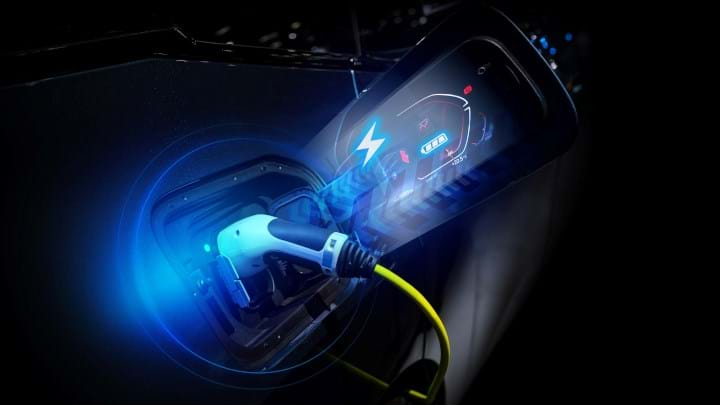‘World’s first’ lithium-sulfur battery gigafactory to be built in the US

SILICON VALLEY startup Lyten has announced plans to build a lithium-sulfur battery gigafactory in Nevada, US.
They have described the plant, which is being funded by a US$1bn investment from Chrysler-parent Stellantis, as the “world’s first”. It is expected to produce up to 10 GWh of batteries, enough to power around 150,000 electric vehicles (EVs).
Lyten has developed a “supermaterial” by converting greenhouse gases into solid carbon and hydrogen. The hydrogen is converted into clean fuel while the carbon builds Lyten 3D Graphene, used in the production of the company’s lithium-sulfur batteries.
The factory will manufacture cathode active materials (CAM) and lithium metal anodes, producing both cylindrical and pouch-shaped batteries.
Lithium sulfur advantage
EVs are typically powered by lithium-ion (li-ion) batteries which are prized for their energy efficiency and long life.
However, alternatives to li-ion batteries are on the rise. Lyten says its lithium-sulfur battery will be 40% lighter than a li-ion battery, and cheaper to manufacture due to minerals being sourced locally.
The company expect to employ more than 1,000 workers at the facility at full capacity, including researchers, battery engineers, and operators.
Heather Wessling Grosz, senior vice-president of business development at the Economic Development Authority of Western Nevada, said: “Here, an experienced workforce can live close to where they work and where domestically sourced materials are available.”
Future pipeline
Lyten says it has already attracted a pipeline of “hundreds of potential customers” for its lithium-sulphur batteries, spanning micromobility, drone, space, and defence markets.
Phase one of the facility is expected to be online in 2027.
Recent Editions
Catch up on the latest news, views and jobs from The Chemical Engineer. Below are the four latest issues. View a wider selection of the archive from within the Magazine section of this site.




